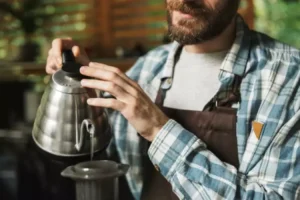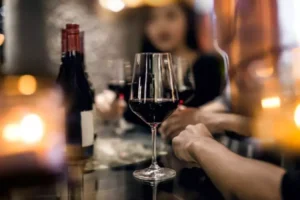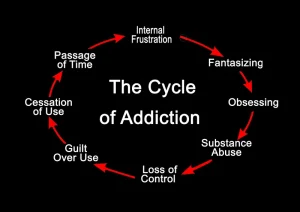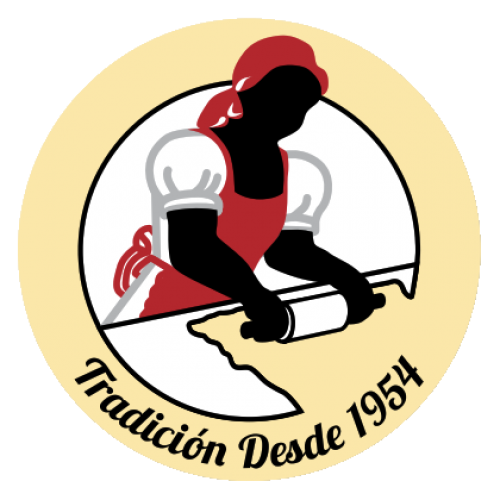
Since they did not allow themselves small rewards during the work, the only reward that will suffice at the end is a big reward, which in the past has meant using. Addicts must lie about getting their drug, hiding the drug, denying the consequences, and planning their next relapse. Clinical experience shows that when clients feel they cannot be completely honest, it is a sign of emotional relapse.
- Of course, the goal is to stop using drugs or alcohol completely and not relapse.
- It might mean entering, or returning to, a treatment program; starting, or upping the intensity of, individual or group therapy; and/or joining a peer support group.
- As the loved one of someone in recovery, there are ways you can help preserve their recovery and prevent a relapse.
- Such feelings sabotage recovery in other ways as well—negative feelings are disquieting and are often what drive people to seek relief or escape in substances to begin with.
How to Identify Your Triggers
Surround yourself with supportive loved ones, attend self-help group meetings, and/or go to therapy sessions. If you’ve been in a program, immediately connect with your counselor, therapist, support group, or mentor. Recommit to your self-care plan, especially activities that eased stress and other emotional triggers. If you start to think of yourself as a failure, you’re more likely to move into the next stage of relapse.
- Surround yourself with supportive loved ones, attend self-help group meetings, and/or go to therapy sessions.
- It helps them to know that there is usually only a small percent of their lives that needs to be changed.
- You stop going to your support group meetings, or cutting way back on the number of meetings you attend.
- You begin to think that you can return to social drinking and recreational drug use, and you can control it.
- But a relapse, sometimes called a “slip,” doesn’t begin when you pick up a drink or a drug.
What Do I Do If I Relapse from Alcohol?
- In mental relapse, there is a war going on inside people’s minds.
- For some, relapse is viewed in a negative light and indicates weakness.
- When you’re recovering from alcohol use disorder, a relapse is when you start drinking again.
- Recovery is lifelong, and a relapse can happen at any time, even after years of not drinking.
It is often said that recovering individuals are as sick as their secrets. One of the challenges of therapy is to help clients practice telling the truth and practice admitting when they have misspoken and quickly correcting it. Clinical experience has shown that occasional thoughts of using need to be normalized in therapy.
- As individuals go deeper into mental relapse, their cognitive resistance to relapse diminishes and their need for escape increases.
- A relapse happens when a person stops maintaining his or her goal of reducing or avoiding use of alcohol or other drugs and returns to previous levels of use.
- Every country, every town, and almost every cruise ship has a 12-step meeting.
Impact on your health
In the absence of triggers, or cues, cravings are headed toward extinction soon after quitting. But sometimes triggers can’t be avoided—you accidentally encounter someone or pass a place where you once used. Moreover, https://ecosoberhouse.com/ the brain is capable of awakening memories of drug use on its own. Craving is an overwhelming desire to seek a substance, and cravings focus all one’s attention on that goal, shoving aside all reasoning ability.


Or they may be caught by surprise in a situation where others around them are using and not have immediate recourse to recovery support. Or they may believe that they can partake in a controlled way or somehow avoid the negative consequences. Sometimes people relapse because, in their eagerness to leave addiction behind, they cease engaging in measures that contribute to recovery. The NIAAA Core Resource on Alcohol can help you each step of the way. Genetic, psychological, social and environmental factors can impact how drinking alcohol affects your body and behavior. Theories suggest that for certain people drinking has a different and stronger impact that can lead to alcohol use disorder.
How can a person prevent relapse and stay sober?

You may be scared or worried, but you dismiss those feelings and stop sharing them with others. Upon relapse, some individuals may require inpatient treatment to stop using and manage symptoms of withdrawal. Most physical relapses are considered relapses of opportunity, meaning that they occur Alcohol Relapse when an individual feels they will not get caught. Some relapses start with lapses that become more prolonged or frequent until the individual returns to uncontrolled substance use. But failure to cope with cravings and other mental stressors can result in a need to “escape” through relapse.
What to Do Right After a Relapse
Cravings can be dealt with in a great variety of ways, and each person needs as array of coping strategies to discover which ones work best and under what circumstances. One strategy is to shift thinking immediately as a craving arises. Another is to carefully plan days so that they are filled with healthy, absorbing activities that give little time for rumination to run wild. Exercise, listening to music, getting sufficient rest—all can have a role in taking the focus off cravings. And all strategies boil down to getting comfortable with being uncomfortable. Among the most important coping skills needed are strategies of distraction that can be quickly engaged when cravings occur.

